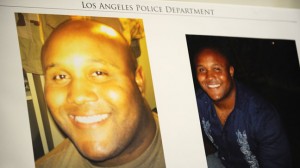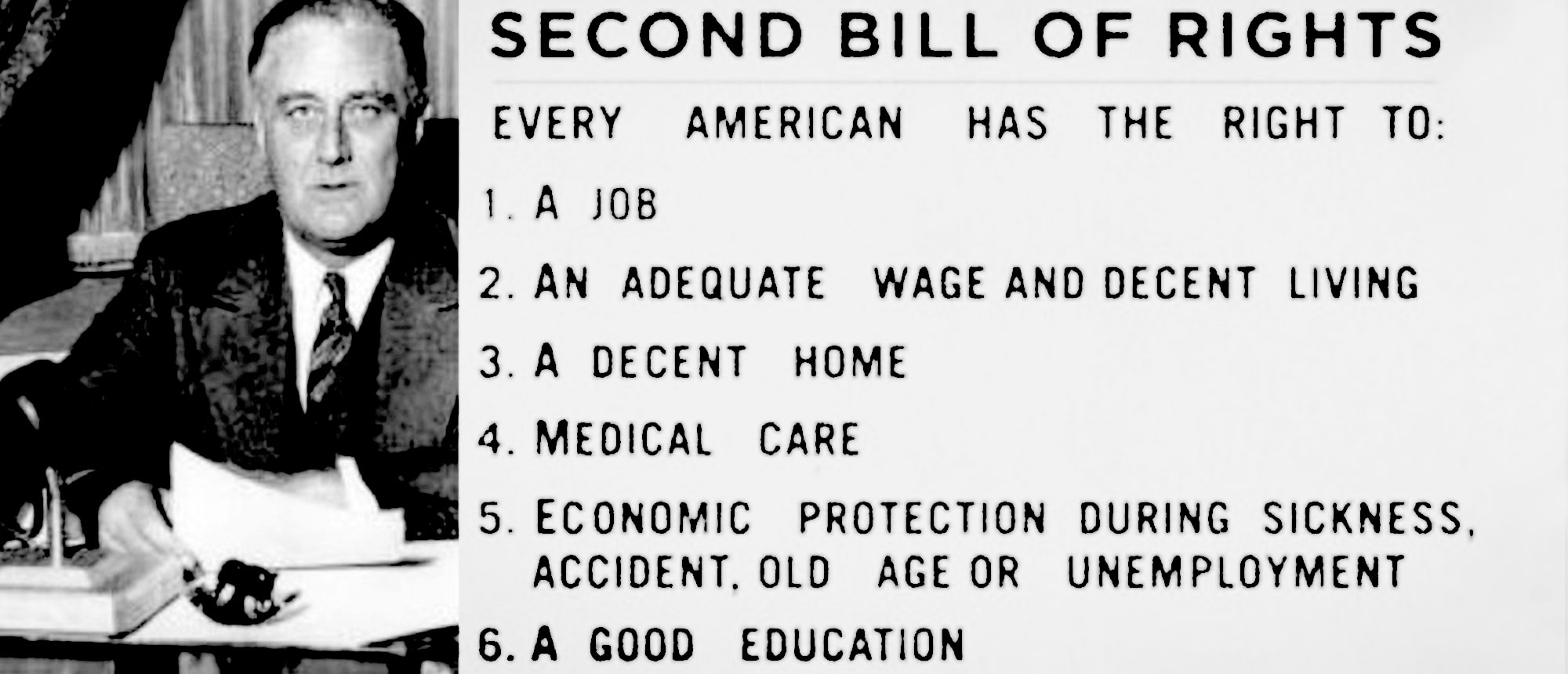(ThyBlackMan.com) Christopher Dorner is a canvas onto which we can project our national anxieties and obsessions. Christopher Dorner is racialized as an African American. He is gendered as a male. Christopher Dorner represents authority, conformity, and State power, as a (former) police officer. Those identities are intersectional.
For some, Christopher Dorner is a hero who dared to speak truth to power and run ramshackle over the LAPD and those he identified as his enemies. To them, Dorner has Eric Hobsbawn’s “social banditry” flowing in his veins.
For others, he is a criminal who went “crazy” and offered up a manifesto like those “liberals” have a habit of doing. As with Trayvon Martin, what you see may largely be a function of where you sit politically, ideologically, and racially. Ultimately, Dorner is the object who represents the intermixing of several long-standing American cultural and historical narratives; he is a nexus, a focal point for the birth of many memes.
Donner is the African-American, “hulking, 270-pound former college football player” who is armed and dangerous. He is the 21st century echo of the “giant negroes” who attacked “innocent” white people as heralded in sensationalistic American newspaper headlines in the late 19th and early to mid 20th centuries.
centuries.
Some others would like to argue that he is Bigger Thomas or Tarantino’s reimagined Django.
I would suggest that Donner has little if anything in common with the former, Richard Wright’s iconic character, except for being black and male.
Jamie Foxx’s Django is more compelling. However, while the allusion is pithy and timely, Dorner is not fighting the white slaveocracy, living out a fairy tale slavery counter-factual, and willing to die (and kill) for the love of a good woman. Dorner and Django are both forces of vengeance; however, their goals are not the same. Those differences are not to be overlooked.
Is Christopher Dorner either a bad nigger or a badman, what are two of the classic archetypes in Black (American) literature and folklore?
I have no ready answer, as either formulation is compelling, while also being insufficient to capture Dorner’s deeds and words. The bad nigger was a black person (usually male) who defied white authority, norms of black respectability, and did not care about the consequences. He usually was feared by the mass of black folks because we would be left to suffer for the consequences of his actions. Decent black folks were also the victims of his mischief, violence, and anti-social behavior.
The badman was just that, he was a “bad man.” He was Stagolee or the Blues Man who did his own thing despite white racism and cowardly black folks who simply wanted us to be quiet to get along. The badman was a trickster figure who had the finest clothes, carried a pistol, enjoyed the prettiest women, and possessed the baddest car or horse. The badman was the king of the block–and dared someone to tell him otherwise.
Christopher Dorner is a “bad man” in the literal sense: he has killed, and is the target of a massive manhunt.
In the literary sense, Christopher Dorner is not a badman…yet. But, that is the power of cultural memory.
Perhaps, Christopher Dorner will be transformed through cultural memory and storytelling into a figure talked about for decades and centuries to come, with multiple versions of his tales and exploits, shaped by the griots and bards for their respective audiences?
While Christopher Dorner has many attributes that locate him firmly within Black (American) folklore, popular culture, and memory, I would argue that he is most accurately described as an Age of Obama version of The Spook Who Sat By the Door.
[But even that parallel seems incomplete, as Dorner is not trying to organize a revolution…but The Spook Who Sat by the Door would seem to be the best fit. Do you have any other examples that are more perfect matches for Dorner’s escapades?]
Penned by Sam Greenlee, The Spook Who Sat by the Door is an underground book (and then film) classic. The story focused on the exploits of Dan Freeman an African-American CIA agent who in an epiphanic moment came to realize that he was working for a corrupt and racist government. The main character then goes rogue, just as Donner has done, and organizes a cadre of black nationalist freedom fighters to “take down the man.” The Spook Who Sat by the Door was later remade as a film during the blaxploitation film cycle of the 1970s.
The Spook Who Sat by the Door would be caricaturized and mocked by many who saw it as “typical” “black paranoid” thinking born of the failed revolutionary dreaming of the 1960s and early 1970s. The Spook Who Sat by the Door would also be marginalized by its later association with blaxploitation–what some cultural critics have described as “degraded cinema.”
The Spook Who Sat by the Door has endured as a book and a movie because it spoke to the realities of Cointelpro, police brutality, the CIA connection to the crack cocaine epidemic, Iran-Contra, the evils taught at places like The School of the Americas, and because it validated what many black and brown folks have long-known: the United States has historically operated in such a way that White Power and White Government are inseparable.
In total, Christopher Dorner is a Rorschach test. We will see in him what our life experiences, cognitive maps, and life worlds, have taught us about violence, trust, the State, racism, and the police. Irrespective of how individual members of the public perceive Christopher Dorner, institutional power sees him, quite correctly, as a threat.
He is a heretic. In the same way that The Church reserved special punishments for fallen priests and nuns, or how the Mafia and other such organizations deal with traitors, Christopher Dorner is going to be made to suffer.
In a similar example, more money is often spent apprehending bank robbers than was stolen in the heist. This occurs because the banking system cannot allow a person to escape because such a choice would be a sign of weakness. Consequently, such a short term cost benefit analysis would encourage more robberies in the long term.
Christopher Dorner dared to tell his version of the truth regarding the LAPD’s history of corruption and racism. They do not like tattle tales and “snitches.” Dorner is a threat because of his violent actions and the symbolic power of his words and deeds.
You can call him Django, Bigger Thomas, a badman, a bad nigger, or Dan Freeman. Regardless, Christopher Dorner is likely not going to live to tell many more tales. I would suspect that he knows such a fact already and has accepted it. This makes him all the more lethal. Wanted dead or alive, Christopher Dorner will have a life much longer than the 30 years he spent on terrestrial earth.
Written By Chauncey DeVega
Official website; http://wearerespectablenegroes.blogspot.com




















The author of this essay never said Dorner violence was the answer. I think the author is just saying he understands Dorner pain of dealing with racism. I wish Christopher Dorner had just written a book about the LAPD racism and corruption. The author is correct the LAPD want Dorner dead they do not want him upsetting the balance of power. The mainstream media were even forced to acknowledge that Dorner might have a point about the police corruption. Did Dorner go about it the wrong way? My answer is YES killing innocent people is wrong violence is NOT the answer. However, Dorner probably felt lost, depressed, and alone. I wonder did Dorner not have anyone in his life who could have helped him before he snapped?
read the manifesto childrens.
In war there is always colateral damage! Where were you weak kneed sissies when LAPD murdered my family members and swept it under the carpet! Who polices’ the police? Get some real life experience before you go trumpeting some idealistic BS. Or maybe we’re just blood enemies?
Lmao this website better be a joke sticking up for killers, this author should be ashamed, heros are not murderers end of story.
I will tell you this any individual who targets innocents to achieve a vendetta is a coward and deserves to be relegated to the lowest chambers of hell.
Idealizing this coward even in a slight way is condoning every act of “Terror” that occurs in the globe. It is one thing to direct your vengeance at those who actually wronged you…IE the premise of those who applaud this individual would have been much more credible if the individuals that he killed we actually intrinsic to the system he found unjust.
However, I defy any of those who laud him as a hero to look into the eyes of the young ladies the young woman he killed coached, and the family of her fiance and say this was a just and noble deed.
The reality is this, this is a mentally disturbed psychotic individual who is willing to kill unrelated civilians to get “revenge” NOT “justice” for being terminated, rightly or wrongly.
So my question to those who do support this individual is this. How would you feel if your daughter or son was killed by one of your coworkers who was unjustly fired from a job that you worked at also? Would you just chalk it up to ‘righting a wrong’?
Just reading only a few of these comments it’s obvious this article went over the head of these bourgeois Negroes. With no real experience with the corrupt LAPD they haven’t a clue what this article is saying. I guarantee you LAPD has more blood on its hands than Dorner will ever have. Like the author said you pick from your own life experience. You shouldn’t comment if your only experience is behind a key board. And if you think LAPD is protecting you and you don’t wear a police uniform, you’ve got sh*t for brains.
The pterodactyl speaks,
http://youtube.com/watch?v=YjJ0si69j54&feature=relmfu
rambro 21st century style.
What Good Can a Handgun Do Against An Army?
http://www.freerepublic.com/focus/f-backroom/2312894/posts
….”the symbolic power of his words and deeds.”….Really. What a pile of bullshit.